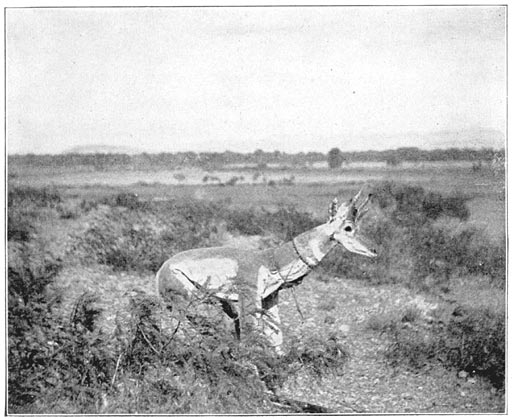
illustration https://www.hiclipart.com/free-transparent-background-png-clipart-mihzu
These are useful dicta for becoming scientists especially in ethical conduct in research. All the dicta are cited from Karl Sindermann's "Winning the games scientists play," 1982, pp.190-191.
•
Design and conduct investigations in conformity with
accepted scientific methods;
•
Report in full, on a timely basis, the results of investigations,
basing conclusions solely on objective interpretations
of available data;
•
Not publish or disclose data provided by others without
their expressed permission;
•
Not publish or release data anonymously;
•
Give proper credit for ideas, data, and conclusions of
others;
•
Prevent release or publication of preliminary or misleading
reports of results obtained;
•
Resist temptations to utilize news media as first outlets
for significant scientific information, in advance of disclosure
to peers through normal publication channels;
•
Challenge unethical conduct of other scientists, using
scientific journals and scientific meetings as proper forums
for debate;
•
If in private industry, respect the terms of any agreement
concerning proprietary information, but avoid
entering into agreements which may lead to prolonged
suppression of significant new information;
•
Provide legitimate conservative estimates of degree of
risk of any activity within their area of expertise, based
on the best available evidence, but resist pressures for
extrapolation and speculation beyond the logical conclusions
derived from that data;
•
Resist pressures to support decisions based on social,
economic, or political considerations by warping conclusions
based on scientific evidence;
•
Resist pressures to support publicly an officially declared
position by an employer if such a position is
clearly not in accord with available scientific evidence;
•
Offer scientific advice only in areas in which background
or experience provides professional competence;
•
Resist temptations to express subjective opinions or
views in public forums on scientific matters outside
areas of individual competence;
•
Discourage, by whatever means are available, the employment
of professionals in subprofessional jobs, except
as temporary expedients;
•
Discourage, by whatever means are available, the employment
of subprofessionals in professional scientific
positions;
•
Encourage, by whatever means are available, payment
of adequate compensation to professionals for professional
services; and
• Encourage the professional development of
scientists
for whom he or she has supervisory or management
responsibility.
Links
Bibliography
- Sindermann, Carl L.,
1982, The Scientit in Doubt: Defining Ethics in Science. In Winning the
games scientists play, Pp.183-200, New York: Plenum Press.
Other informations
